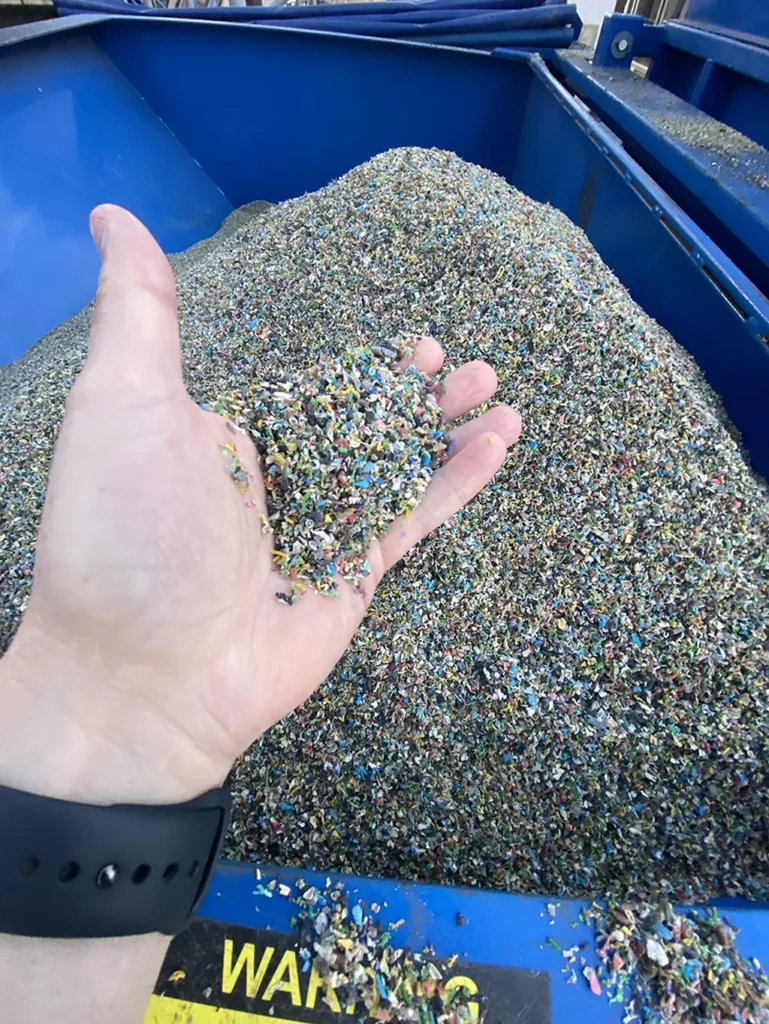In a groundbreaking study published in the Encyclopedia (a translation of the journal’s name), researchers have uncovered a promising avenue for repurposing electronic waste (e-waste) plastics in the construction industry, particularly in asphalt modification. This innovative approach not only addresses the mounting challenge of e-waste management but also offers significant economic and environmental benefits for the energy and construction sectors.
Sepehr Mohammadi, a leading researcher from the Department of Civil, Environmental, and Geospatial Engineering at Michigan Technological University, has spearheaded this comprehensive review. The study delves into the types of e-waste plastics suitable for asphalt modification, the methods of incorporation, and the compatibility challenges that arise. Mohammadi explains, “The integration of e-waste plastics into asphalt is not without its hurdles. However, with the right pretreatment methods and complementary additives, we can significantly enhance the performance and workability of asphalt mixtures.”
The research highlights the use of physical and chemical treatment techniques, including free radical initiators, to improve the dispersion and performance of e-waste plastics in asphalt. These treatments are crucial for overcoming compatibility issues and ensuring the durability of the modified asphalt. Mohammadi notes, “In situations where advanced pretreatment methods are not feasible due to cost, safety, or technical constraints, we explored the use of low-cost complementary additives as a practical solution.”
The study also evaluates the impact of e-waste plastics on the conventional and rheological properties of asphalt binders. The findings are promising, indicating that e-waste plastics can enhance cold-weather cracking resistance, high-temperature anti-rutting performance, and resistance against moisture-induced damage. This not only improves the longevity of road surfaces but also reduces maintenance costs, offering substantial economic benefits for the energy and construction sectors.
The environmental implications are equally significant. By repurposing e-waste plastics, the study contributes to the reduction of plastic waste in landfills and the mitigation of the environmental impact of e-waste. This aligns with global efforts towards sustainability and circular economy principles, where waste materials are transformed into valuable resources.
The research published in the Encyclopedia, which translates to “Encyclopedia” in English, provides a roadmap for the future of sustainable asphalt modification. As the construction industry continues to seek eco-friendly and cost-effective solutions, the incorporation of e-waste plastics into asphalt presents a viable and innovative approach. This study not only advances our understanding of material science and engineering but also paves the way for a more sustainable and economically viable future in the construction and energy sectors.

